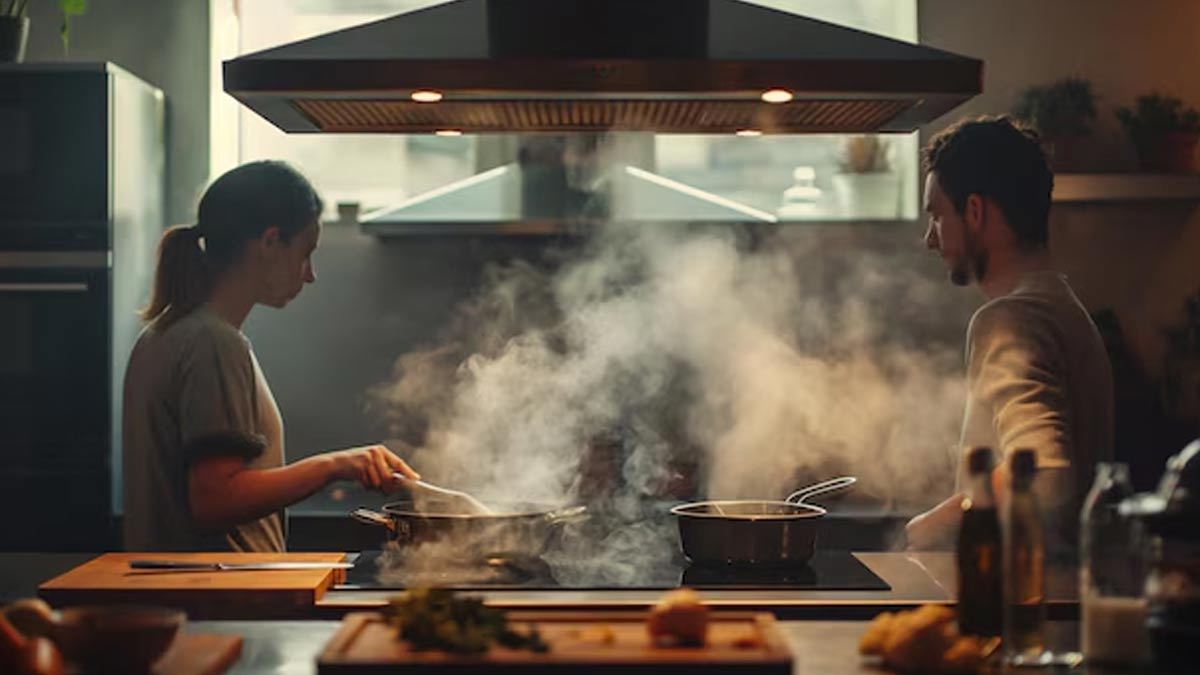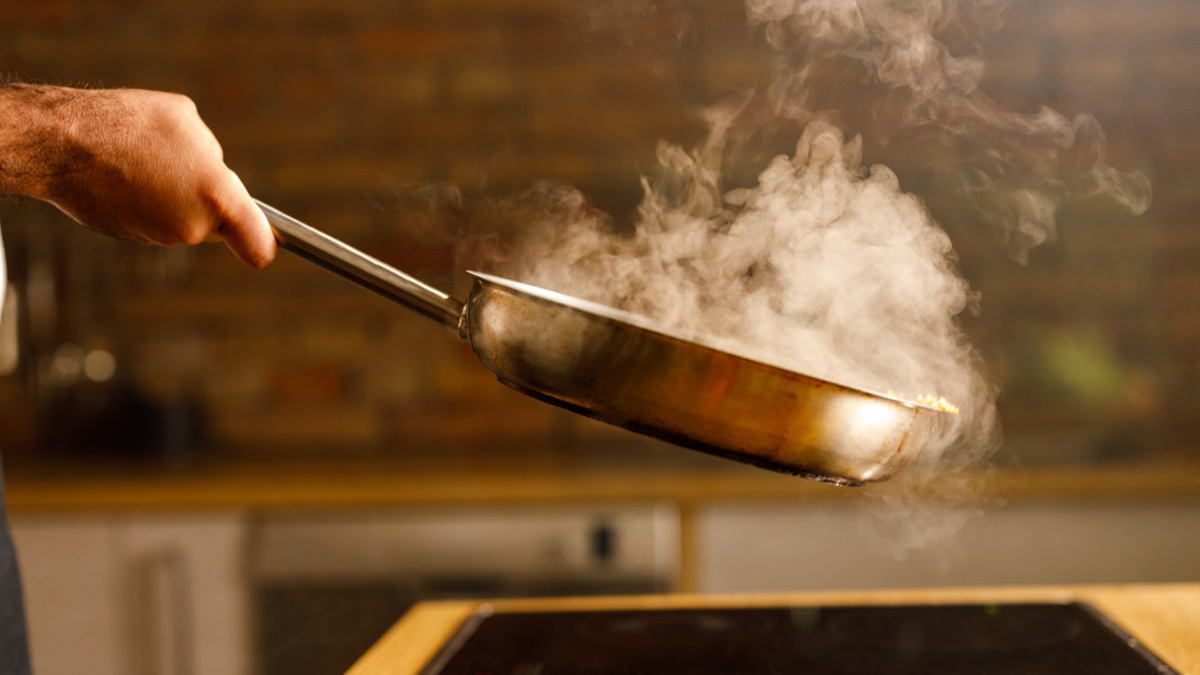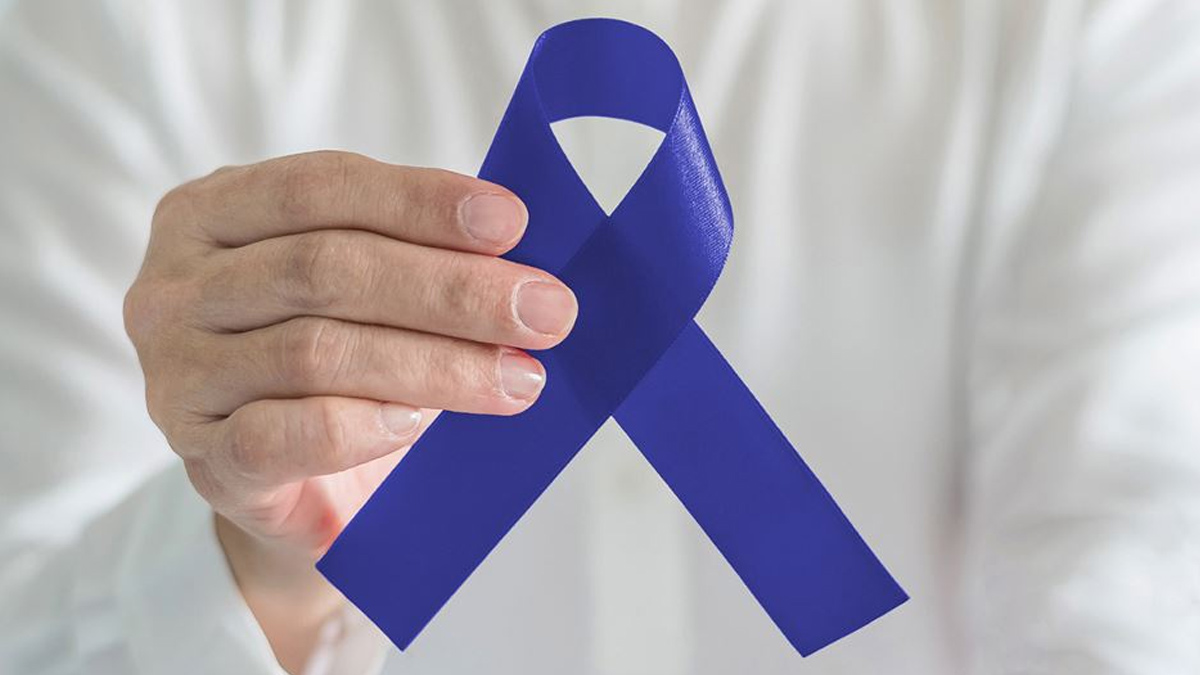Cooking and feeding your family is one of the most caring things you can do for their health and happiness. The kitchen is often the heart of the home, where meals are made with love. But many people don’t realise that working in the kitchen, especially with certain fuels or poor ventilation, can carry hidden health risks. And the health risk is cancer. One of the biggest concerns is the smoke and fumes produced during cooking, which can affect the health of the person who spends the most time there.
What Is Kitchen Smoke and Why Is It a Problem?![kitchen smoke can cause cancer 2 - 2025-06-23T160144.315]()
Kitchen smoke is created when you cook with fuels like wood, charcoal, kerosene, or even certain cooking oils. These fuels release tiny particles and chemicals into the air. If your kitchen is not well-ventilated, you breathe in these fumes every day. Over time, this exposure can harm your lungs and overall health.
Can Kitchen Smoke Increase Cancer Risk?
Scientists have found that kitchen smoke can increase the risk of cancer, especially lung cancer. This risk is higher for people who use solid fuels like coal or wood and cook in kitchens with poor ventilation. A study published in the journal PLOS ONE followed over 70,000 women and found that those who cooked with coal in poorly ventilated kitchens had a higher risk of lung cancer. The risk was even greater for women exposed for more than 20 years, starting from childhood.
The study explains that smoke from these fuels contains harmful chemicals called PAHs (polycyclic aromatic hydrocarbons). These can damage your DNA and slowly increase the risk of cancer over many years. It is harmful for the people who stopped using coal or improved their ventilation later in life still had a higher risk than those who never had this exposure.
ALSO READ: Is Packaged Popcorn Healthy? Expert Shares How PFAS Can Cause Cancer
What About Cooking Oil Fumes?![kitchen smoke 1 - 2025-06-23T160145.908]()
It’s not just solid fuels that are risky. Even fumes from cooking oils can be harmful. Another study found that women who spent many years cooking with oil, especially without a fume extractor or kitchen ventilator, had a higher risk of lung cancer. The study also showed that using a kitchen ventilator helped lower this risk.
Who Is Most at Risk?![kitchen cancer 3 - 2025-06-23T160142.165]()
Women, especially in countries where cooking is mostly done indoors and with solid fuels, are at the highest risk. Children and pregnant women are also more vulnerable because they spend more time at home and their bodies are more sensitive to smoke. Even professional cooks, like school cooks, have been found to have a higher risk of lung cancer if they work in kitchens without good ventilation.
How Can You Protect Yourself?
- Use cleaner fuels like electricity or gas instead of wood, coal, or kerosene.
- Always cook in a well-ventilated kitchen. Open windows or use an exhaust fan or fume extractor.
- If possible, avoid deep-frying or cooking at very high temperatures, as this creates more fumes.
- If you are building or renovating your kitchen, plan for good ventilation.
- Take regular breaks from the kitchen and let fresh air in.
Conclusion
Cooking for your loved ones is important, but so is protecting your own health. Kitchen smoke, especially from solid fuels and cooking oils, can increase your risk of cancer if you are exposed for many years. The good news is that simple changes like better ventilation and using cleaner fuels can make a big difference.


